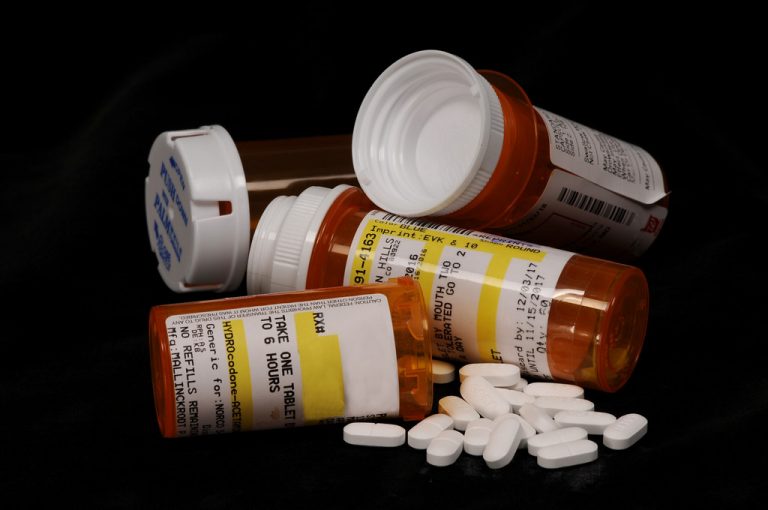You probably already know that the United States is in the midst of an opioid crisis. In 2017, the most recent year for which data is available, 58.7 opioid prescriptions were written for every 100 people.
The knowledge of how addictive opioids are coupled with how easy they can be to get makes it a bit scary to be prescribed narcotics, especially when you’re in recovery from another addiction.
Why Would A Doctor Prescribe Narcotics?
Doctors will sometimes prescribe strong painkillers to patients to manage pain from surgery, broken bones, terminal illnesses like cancer, or chronic pain.
Oxycodone (OxyContin), hydrocodone (Vicodin), and fentanyl all fall under the category of opioids, and are some of the most commonly prescribed narcotics for pain management. These drugs are all legal when purchased with and taken according to a prescription from a doctor or surgeon.
With over 130 people dying of opioid overdose each day in the US alone, laws around prescribing opioids have gotten stricter.
The specifics of opioid prescription laws vary from state to state, but they all limit the length of an initial prescription to a week or less. Some states require doctors to take specific courses in prescribing opioids, and consult a database before they can prescribe opioids to make sure the patient hasn’t already received a prescription.
Many doctors are choosing not to prescribe opioids anymore, even to people who need them, out of fear of being penalized for violating the new laws.
What to Do if You Are Prescribed Narcotics While in Recovery
Even though prescription narcotics are generally considered safe when taken as instructed for a short period of time, it’s better to err on the side of caution.
Each medical office or hospital should have guidelines for treating patients with a history of addiction. Remind your doctor that you’re in recovery and work with them to evaluate your risk of relapse. If both your doctor and yourself believe you can handle a short course of narcotics, ensure you are provided with advice on how to guard against a relapse.
If you do go ahead with taking the drugs as prescribed, consider reaching out to your sponsor or another sober friend for support. Ask a loved one if they can hold on to your pills and give them to you only as required to help you stick to the proper dosage. Pull in as much support as you can to help keep you accountable.
Better yet, don’t take the risk. Tell your doctor you don’t feel comfortable taking the prescribed drug and ask if there’s an alternative medication he or she can suggest.

